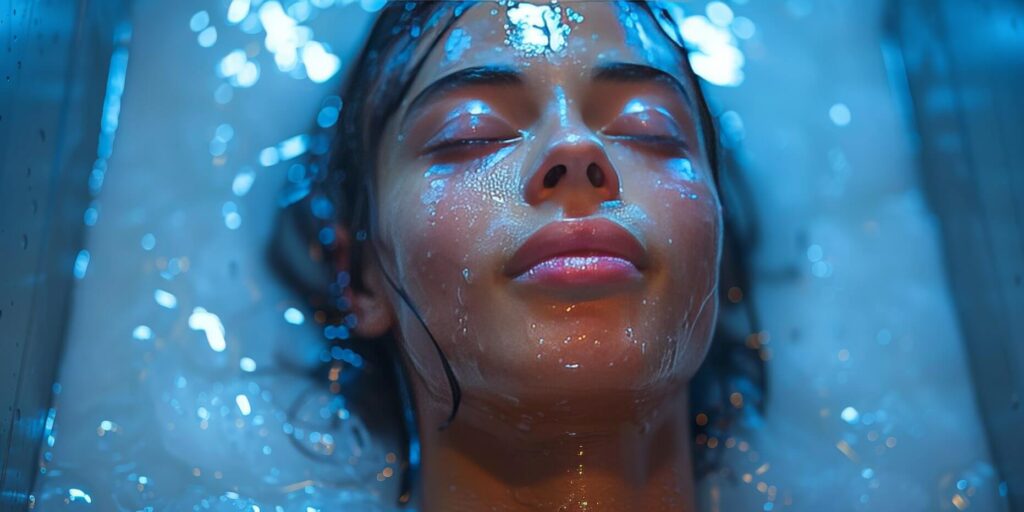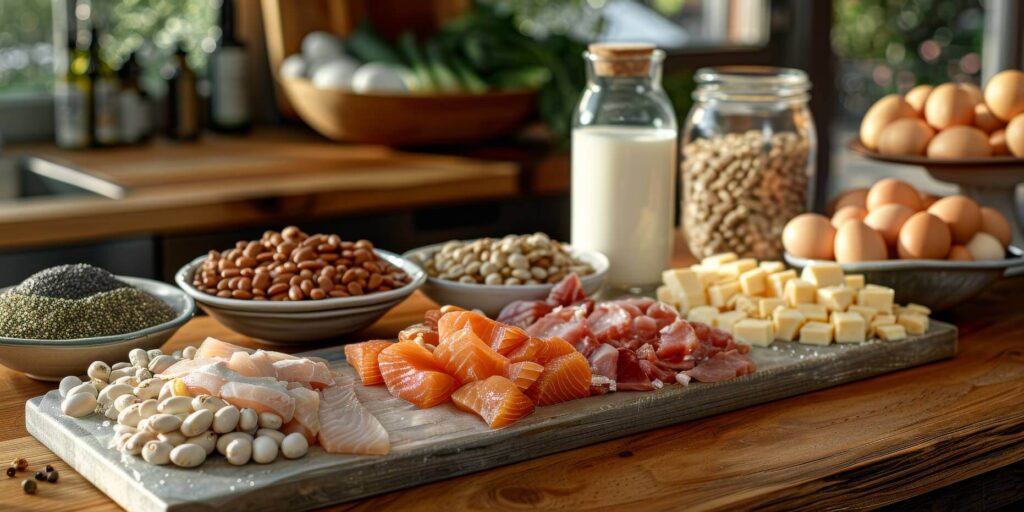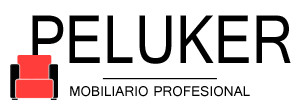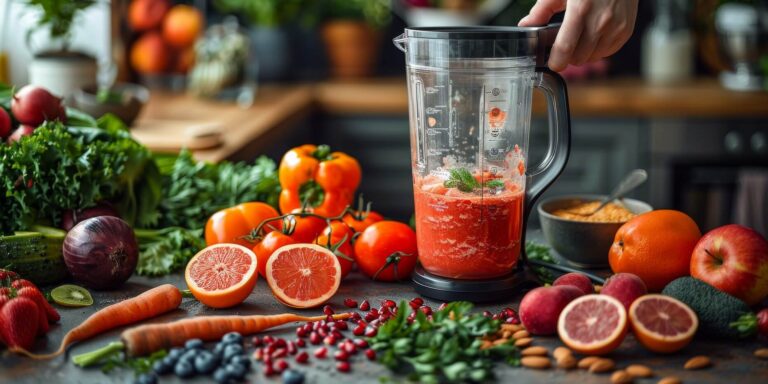Thermotherapy involves using heat and cold to treat various conditions and improve health and well-being. From hot compresses to saunas and cryotherapy, there are many ways to harness the therapeutic effects of different temperatures.
A key aspect to maximizing the benefits of thermotherapy is combining it with good nutrition. What we eat before and after treatments can make a big difference in the results. In this article, we’ll explore how a balanced diet can enhance the positive effects of thermotherapy.
Benefits of Thermotherapy
Before seeing how nutrition can improve these benefits, let’s review some of the main positive effects of thermotherapeutic treatments:
- Pain relief: Both heat and cold can help reduce pain and inflammation in conditions such as arthritis, muscle cramps, sprains, and more.
- Improved circulation: The alternation of heat and cold promotes vasodilation and vasoconstriction, improving blood flow. This oxygenates tissues and accelerates healing.
- Muscle relaxation: Heat relaxes tense and stiff muscles, while cold helps reduce spasms and cramps. Ideal for athletes.
- Toxin elimination: The sweat caused by heat facilitates the elimination of toxins and deep cleansing of the skin.
- Anti-inflammatory effect: The low temperatures of cryotherapy can help reduce inflammation after injuries or surgeries.
- Improved immune system: Both heat and cold can stimulate immune function when applied in a controlled manner.

Enhancing the Benefits of Thermotherapy with Nutrition
Nutrition plays a crucial role in enhancing these benefits of thermotherapy. Here are some key tips:
1. Abundant hydration
Drinking enough fluids before, during, and after thermal treatments is essential. Water helps regulate body temperature and replace lost fluids from sweating. This prevents dehydration and overheating.
It is recommended to drink 2-3 liters of water per day during thermotherapy treatments. Sports drinks can also be a good option to replenish electrolytes.
2. Anti-inflammatory diet
Anti-inflammatory foods can maximize the benefits of cryotherapy and other cold treatments. These include salmon, berries, leafy greens, nuts, olive oil, green tea, and more.
Reducing the consumption of sugars, refined flours, and unhealthy fats also helps decrease inflammation.
3. Antioxidant-rich foods
Exposure to heat increases oxidative stress. Therefore, antioxidant-rich foods are key before and after heat thermotherapy. Some of the best options are: citrus fruits, berries, broccoli, spinach, dark chocolate, etc.
4. Good skin hydration
The skin needs plenty of hydration after thermal treatments to restore its protective barrier. Consume foods rich in vitamins A, C, and E, essential fatty acids, and minerals like zinc. Avocado, nuts, and salmon are some good choices.
5. Muscle mass and proteins
High temperatures accelerate muscle catabolism or breakdown. Consume high-quality proteins before and after thermotherapy to preserve muscle mass, such as lean meat, egg whites, legumes, and whey protein.
6. B-complex vitamins
B vitamins help combat stress and fatigue. They are essential when undergoing prolonged thermal treatments. Consume foods like fish, turkey meat, dairy, seeds, leafy greens, and legumes to meet your needs.
7. Healthy fats
Quality fats, such as olive, coconut, and avocado oils, nuts, and fatty fish, regulate body temperature. Consuming them regularly can help better adapt to temperature changes.

FAQ on Thermotherapy and Nutrition
Should I consume proteins immediately after cryotherapy?
Yes, it is recommended to consume a protein source such as a protein shake or eggs after cryotherapy. This helps repair any muscle breakdown caused by extreme cold.
Can I fast during thermotherapy treatments?
Prolonged fasting is not recommended during thermotherapy. Fasting can cause dehydration, hypoglycemia, and weakness, which would prevent you from fully benefiting from the treatments.
How much water should I drink during a sauna session?
It is recommended to drink 8 ounces of water every 15-20 minutes to replace the fluids lost from sweating in the sauna. Drink water before, during, and after the session.
Should I apply a moisturizer after hot-cold contrast baths?
Yes, the skin needs extra hydration after exposure to hot and cold water. Apply a moisturizing body cream immediately after the session to retain moisture.
Can I consume coffee before cryotherapy?
It is not recommended to drink coffee before a cryotherapy session, as it has a vasoconstricting effect that can limit the benefits of the cold. It’s best to avoid caffeine a few hours before.
Does thermotherapy help with weight loss?
Thermotherapy alone does not cause significant weight loss, but it can complement a nutritional and exercise plan. Heat temporarily increases metabolism and promotes toxin elimination. However, a healthy diet and regular physical activity are required for weight loss.
What foods should I avoid during thermotherapy?
Processed foods, refined sugars, alcohol, and excessive coffee should be avoided. These can cause dehydration or interfere with thermoregulation. It’s best to focus on natural, fresh, and nutrient-dense foods.
Can I exercise after cryotherapy?
It is recommended to wait 2-3 hours after cryotherapy before engaging in intense physical exercise, to allow body temperature to return to normal. Light walking is usually fine.
Is thermotherapy safe for pregnant women?
Pregnant women should be cautious with thermotherapy. It is suggested to avoid intense heat treatments, especially in the first trimester when the embryo is very sensitive to temperature. Consult your doctor before starting any thermal therapy.
I hope this article provides you with a comprehensive overview of how to combine thermotherapy with good nutrition to maximize the health and well-being benefits. Hydration, antioxidants, proteins, and healthy fats are key. Follow these tips and enjoy the revitalizing effects of thermotherapy!



